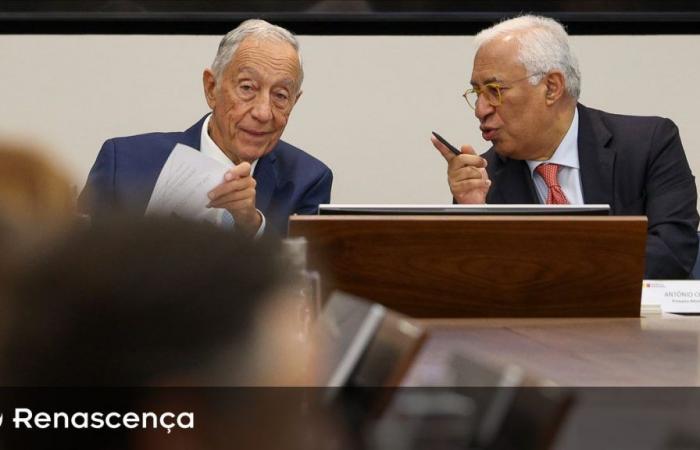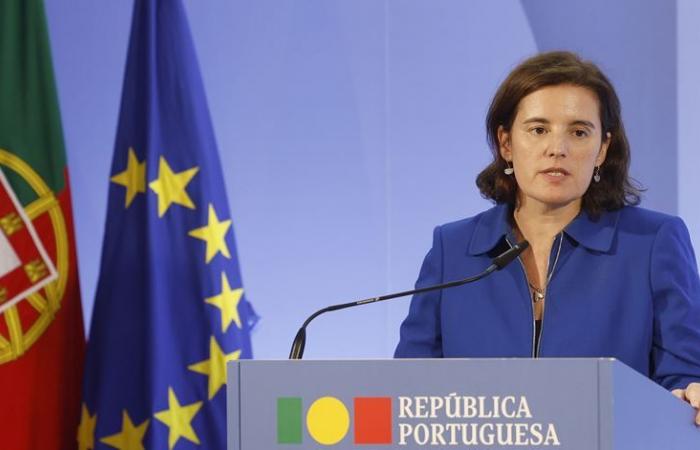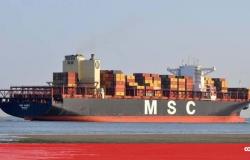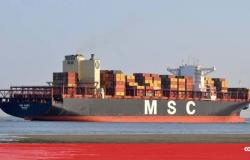The outgoing Prime Minister, António Costa, and the President of the Republic, Marcelo Rebelo de Sousa, took stock this Monday of the eight years of cohabitation between Belém and São Bento and both made the same diagnosis: they assumed that not always They agreed, but stressed that there was always “institutional cooperation”.
Marcelo said that institutional solidarity “worked over eight years, different from each other, with three different governments.”
The statements were made at the end of the last Council of Ministers of the PS Government, and the second chaired by Marcelo Rebelo de Sousa, in the eight years that the socialists were in power.
The first, the President stressed, “with a formula that has never been tried”, the second with a similar formula and the third with an absolute majority. “There had already been cohabitations, but in different situations maintaining the same level of solidarity is not easy”, he assured.
“Does that mean there was always an agreement? There wasn’t,” he acknowledged.
“But there was always institutional solidarity and even national solidarity”, he valued.
And he recalled the time of the pandemic when António Costa let him make statements to the Portuguese at meetings at Infarmed about the pandemic. “This is positive because it is pedagogical. The relationship must be like this, as much as possible, even if they have different starting points and divergences in specific moments,” he declared.
Previously, António Costa had also recognized that he and Marcelo “did not always coincide”, but he valued a phase of Portuguese democracy, in which, in the opinion of the outgoing Prime Minister, “there was no other period of so much cooperation” and in which the relationship was “so fluid”.
Later, Marcelo also said that the relationship between the two allowed “a climate of stability when the world and Europe are not stable”.
“For this reason, this Council of Ministers wanted to be more than a formal gesture or personal consideration, but an example of institutional relationships even in very difficult conditions”, he highlighted
In the end, the President wanted to carry out a futurology exercise. “It doesn’t mean that this will be the last time we find ourselves at these crossroads in the service of Portugal”, he anticipated.
“The world does not end today, life does not end today, and this means that we are both alive and in full health. There is no reason why we cannot meet at other crossroads, thinking about Portugal”, he concluded.
The themes addressed in this last Council of Ministers, according to António Costa, were some of which Marcelo highlighted. An assessment was made of the implementation of the PRR, a topic to which the President “repeatedly” showed attention.
In this context, three “indispensable” diplomas were approved for the fifth payment, relating to the organization of Public Administration and the capital market.
Within these frameworks, the renovation of the rustic property, important to prevent fires, and the new strategy for the inclusion of homeless people for 2025-2030 were also approved.
This was the second Council of Ministers chaired by the President of the Republic, Marcelo Rebelo de Sousa. The other was on March 4, 2021, also at the invitation of the Prime Minister, António Costa, to mark the end of the head of state’s first term.
Tags: Marcelo Costa tune agreement solidarity
--






